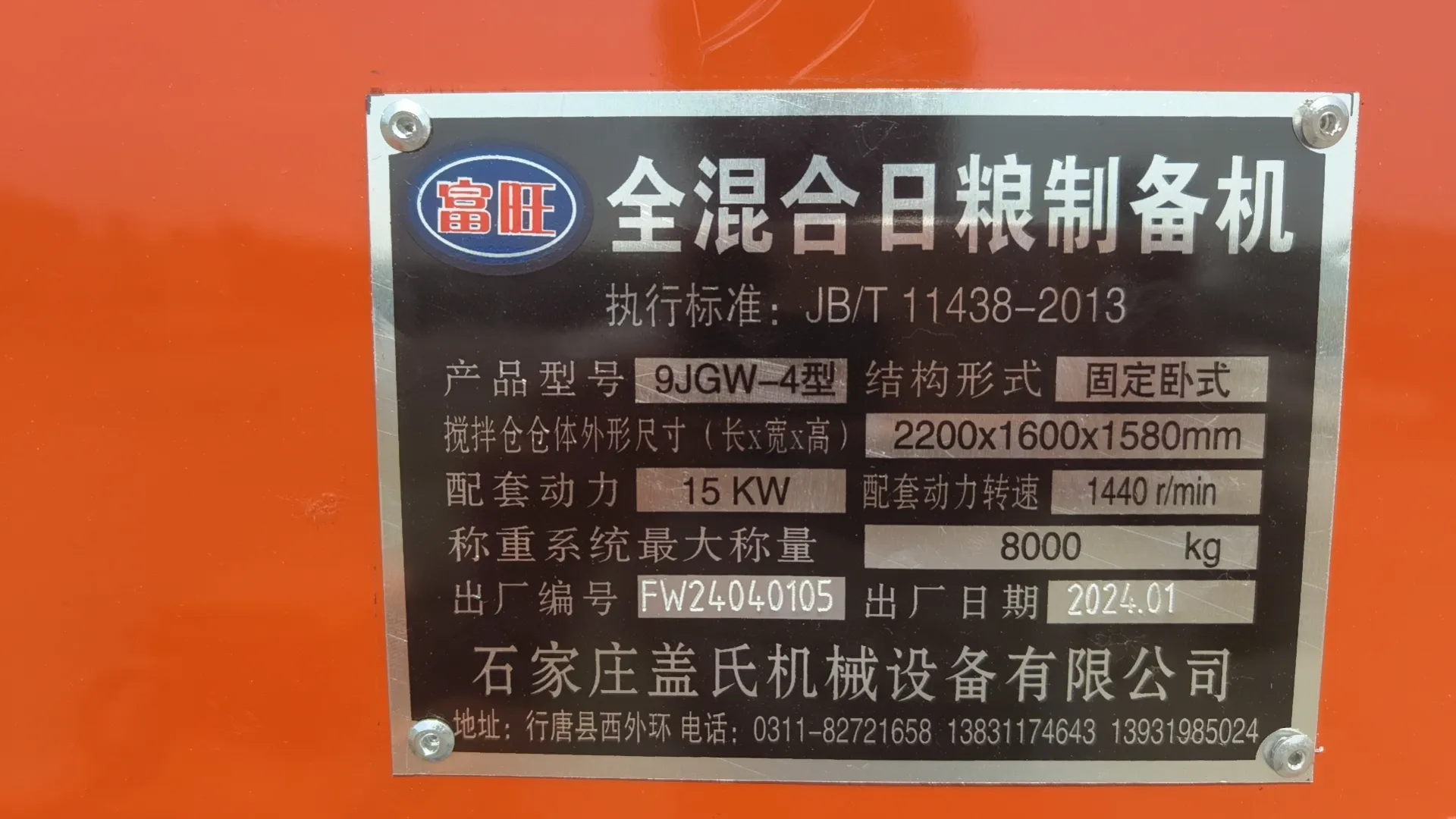Choosing the Best Felt Wheel for Your Bench Grinder to Achieve Optimal Polishing Results
The Felt Wheel A Crucial Accessory for Bench Grinders
When it comes to precision metalwork or woodworking, a bench grinder is an essential tool in many craftsmen's arsenal. Among its various accessories, the felt wheel stands out for its unique applications, especially in the realm of polishing and finishing. Understanding the felt wheel's characteristics, functionality, and maintenance can elevate your craftsmanship and ensure that your projects achieve a professional sheen.
What is a Felt Wheel?
A felt wheel is a disk made of compressed felt, which is a dense mat of fibers often made from wool or synthetic materials. These wheels come in various sizes and thicknesses, allowing them to fit standard bench grinder spindles. The surface of a felt wheel has a unique texture that makes it ideal for polishing and buffing metals and plastics to a high shine.
Applications of Felt Wheels
1. Polishing One of the primary applications of felt wheels is polishing metal surfaces. When mounted on a bench grinder, they can effectively remove minor surface imperfections such as scratches and oxidation. This is particularly vital for metals like stainless steel, aluminum, and brass, where aesthetics and surface finish are paramount.
2. Buffing and Finishing Felt wheels can also be used for buffing applications. Applying polishing compounds or abrasives to the felt surface enhances its effectiveness, allowing for the removal of deeper scratches or achieving a mirror-like finish.
3. Woodworking While primarily designed for metalworking, felt wheels can also be useful in woodworking projects. They can help polish finished wood surfaces, giving them a refined appearance and providing a smooth, pleasing feel.
Choosing the Right Felt Wheel
Selecting the appropriate felt wheel for your bench grinder depends on several factors
felt wheel for bench grinder

- Size Felt wheels come in a range of diameters that fit different grinder spindles. Ensure you choose one that fits your specific grinder model.
- Hardness Felt wheels come in various hardness grades. Softer wheels are more flexible and can conform to contours, making them ideal for intricate work. Harder wheels, on the other hand, are better suited for flat surfaces and heavy-duty polishing tasks.
- Compounds Different polishing compounds can be used with felt wheels to achieve desired finishes. For example, a fine abrasive can provide a shine to metals, while a more aggressive compound can prepare surfaces for a final polish.
Maintenance and Usage Tips
To maximize the lifespan of your felt wheels and maintain their effectiveness, consider these maintenance tips
- Regular Cleaning Felt wheels can accumulate debris and polishing compounds over time, which can hinder their performance. Regularly clean the wheel by running it at a low speed against a soft abrasive block to remove impurities.
- Storage Store felt wheels in a cool, dry place to prevent them from becoming warped or damaged.
- Safety First When using a bench grinder with a felt wheel, always wear proper personal protective equipment, including safety goggles and a dust mask. Ensure that the grinder is stable and secure before use.
Conclusion
The felt wheel is an indispensable accessory for bench grinders, offering unparalleled polishing capabilities for both metal and wood surfaces. By understanding their applications, selecting the right wheel, and following maintenance protocols, craftsmen can enhance their work quality. Whether you are a DIY enthusiast or a seasoned professional, incorporating a felt wheel into your toolkit will undoubtedly elevate your projects to new heights of craftsmanship.
-
What Makes Felt a Great Choice?NewsNov.19,2024
-
Total Mixed Ration (TMR) Feed for CattleNewsNov.19,2024
-
The Ultimate Guide for Felt Polishing WheelsNewsNov.19,2024
-
Industrial Felt for Various ApplicationsNewsNov.19,2024
-
Felt Makeup Bags and Inserts BagsNewsNov.19,2024
-
Choosing the Right Hotel TowelsNewsNov.19,2024
-
Your Go-To Guide For Affordable Wholesale Wool FeltsNewsOct.31,2024







